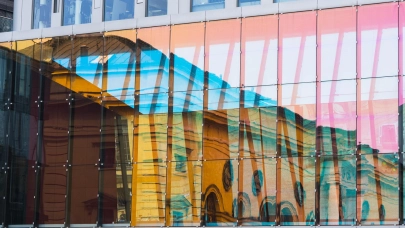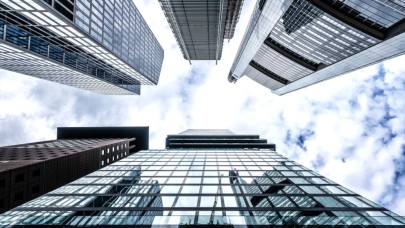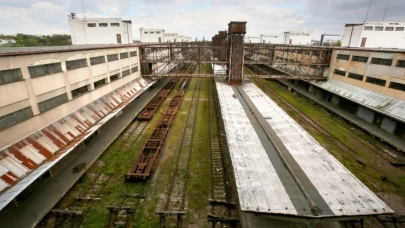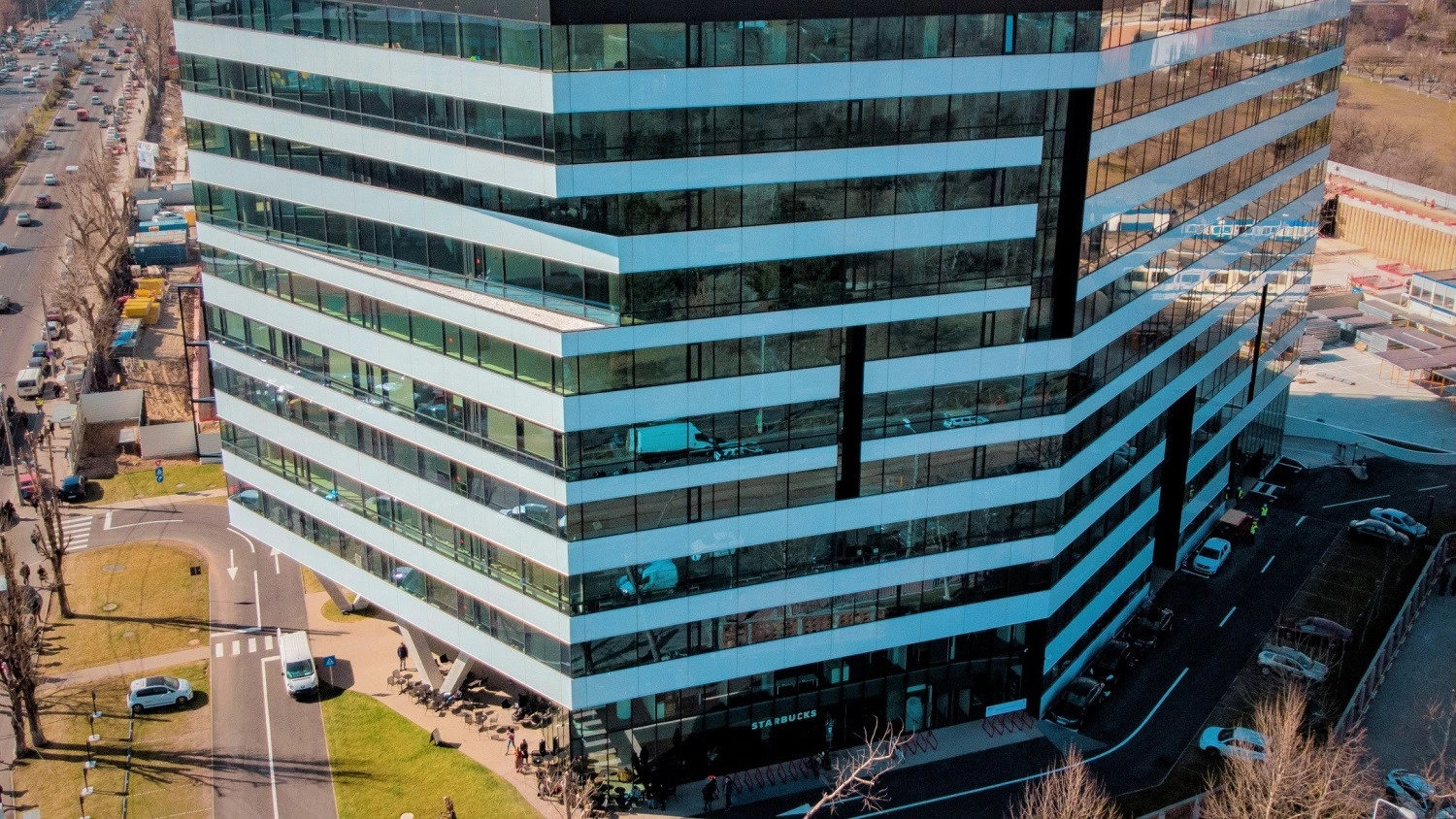
The pandemic has affected all economic sectors, and the real estate market is no exception. However, Skanska Romania ended the first year of the pandemic with the sale of two buildings in the Campus 6 project in Bucharest for €97 million, one of the largest transactions on the market. Aurelia Luca, EVP Operations Hungary and Romania at Skanska talked to Property Forum about the company's operations in Romania.
In 2020, with all the problems created by the pandemic, you managed to complete a transaction with CA Immo for the sale of the two buildings within Campus 6. How was last year for Skanska in Romania?
Last year was a challenging test for all of us – society, businesses, and corporate leaders – in adjusting to a new social and economic reality. COVID-19 has redefined overnight our traditional workplace behaviours, so remote work quickly became the new norm for all organizations. Our focus was to protect our people, our clients, and our business.
At the same time, we consistently pursued and managed to achieve our business goals. We did not stop activity on any of our sites in 2020, and, together with our colleagues from the construction stream, we adapted with agility to the current pandemic conditions, while integrating all necessary safety measures as well as being compliant to recommendations from the authorities.
We also worked remotely, yet we managed to continue collaborating with our customers and partners using online tools and advanced technologies, in this way, we are present wherever we are needed, even if not physically. The projects we had in development last year in Bucharest, Campus 6.2 & Campus 6.3, worked at full capacity, even during this period.
We will also continue our investments for phase II of the Equilibrium project and the last phase of Campus 6.
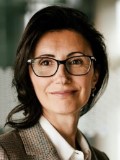
Aurelia Luca
EVP Operations Hungary and Romania
Skanska Commercial Development Europe
Do you think that the pandemic has changed demand on the office market? With many employers realizing that employees can work from home, how will that change the market?
After analyzing the pros and cons of remote work, tenants will make informed decisions about office space this year. There will probably be fewer new lease agreements,
During the state of emergency in Romania, when the measures to isolate and reduce traffic were very strict, the Equilibrium office building was used between 10-20% of its capacity. Subsequently, the occupancy rate rose. The actual presence of employees in the office depends on the policy of each company. Most are still finalizing their strategy for return, but the activity begins gradually, alternating weekly telework and office attendance.
The long-term effects on the market are difficult to predict, but we do expect that, once restrictions will be less tight, the activity will slowly return to normal – a reshaped normal. We see that working from home, although it has been implemented by many companies, is not a long-term solution and especially on a large scale. The office plays a crucial part in protecting the organizational culture, creating and strengthening teams and the entire organization, a place to build relationships and set the tone for creative cooperation.
How do you see things settling on this segment in the next three years?
Fortunately, for the moment, the situation seems to be stabilizing. We expect that the office market will come back in the coming years. However, the economic recovery will depend on all of us, on the response that the other industries will have, but also on the strategy of the authorities to restart the economy. At the same time, it’s very important to have a solution-oriented approach and we need to listen to the needs and requirements of our clients.
The construction sector is one with an important impact on the Romanian economy, and the local market for office buildings is one of the most dynamic in the region. We support the economy through all our operations and our commitment to continuing to invest throughout this period. The site in the Campus 6 complex remained open while respecting the safety measures and the works progressed very well. The Campus 6.3 project was delivered in October 2020 and the Campus 6.2 project will be delivered in Q1 2021.
Globally, uncertainties will be able to lead investors to focus on the most resilient areas of this period. Office buildings are generally considered more stable and will continue to strengthen their position as a good alternative to capital market investment. The stability of these assets will be maintained, which will make them a good option for investors.
Skanska has built only office buildings in Romania. Do you consider diversification of developments? Did you also look at residential or retail projects, for example?
We have been active on the Romanian market since 2011, offering services in construction and office space developments and we are always looking for new opportunities. Romania is a country with a lot of potentials that we want to continue addressing in the following years. We could certainly say that we are constantly evaluating opportunities and risks.
Do you plan to develop projects in other cities in Romania or do you stay focused on Bucharest?
We constantly monitor the market. Currently, we focus our operations in Bucharest. as I said before, we are constantly evaluating opportunities and risks.

